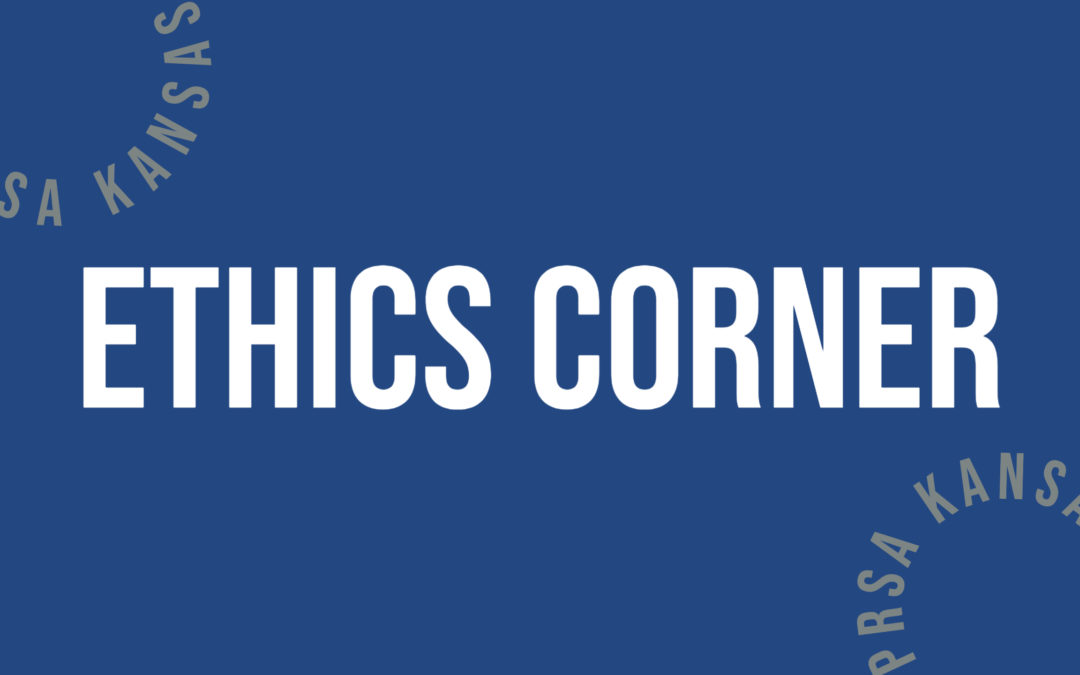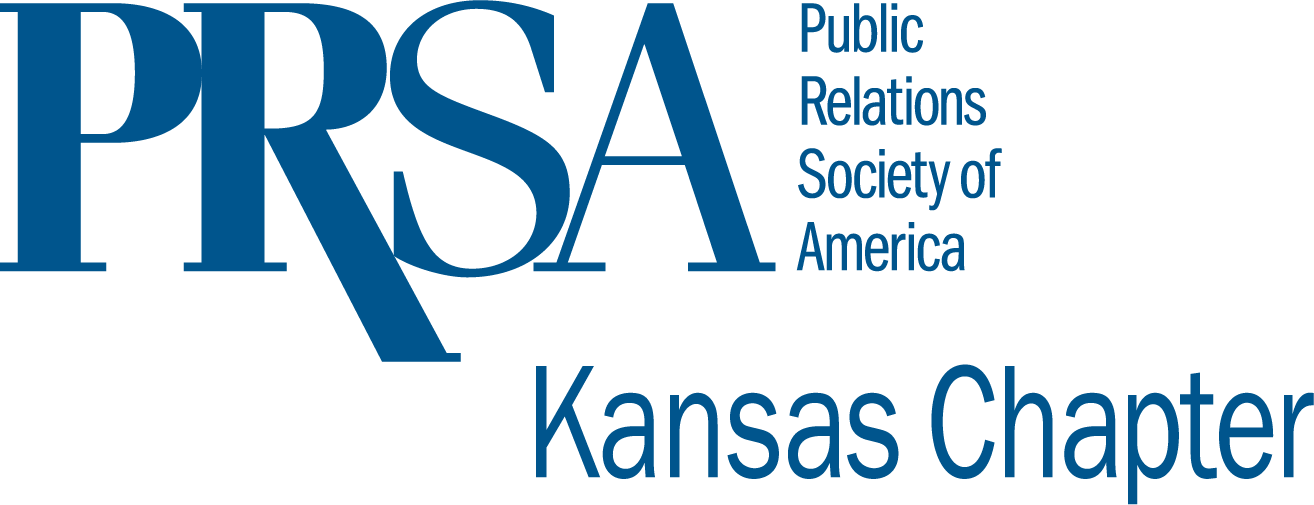
PRSA Ethics Month
September is PRSA Ethics Month
Examine a local example to sharpen your ethical skills
Written by Jamie Reed, APR, PRSA Ethics Chair
During this, PRSA Ethics Month, let us consider a local example of how a possible exclusion of information resulted in questions about local government transparency – and how that relates to PRSA’s code provisions of ethical conduct.
On August 21, Sedgwick County Election Commissioner Angela Caudillo announced that a hand recount of the Value Them Both amendment votes had verified the original results. The amendment – which sought to remove abortion rights from the Kansas Constitution – was defeated in the August 2 primary, and a recount was requested and funded by Mark Gietzen, chairman of Kansas Coalition for Life.
Observers were on hand during several days of the recount at the Historic Courthouse in downtown Wichita. However, confusion ensued when the work continued on August 20 at a new location, the Sedgwick County Extension Office.
According to an August 22 article in The Wichita Eagle, “two public statements issued after election workers finished counting (on Friday, August 20) failed to mention work was continuing at the Sedgwick County Extension Office on Saturday. Instead, they mentioned Board of Canvass meetings at the Historic Courthouse in downtown Wichita.”
Gietzen has now questioned whether the Sedgwick County Election Office violated state open meetings law “when it delayed its recount canvass and continued working Saturday without notifying the public of the time, place and date of the recount activities. Sedgwick County Election Commission Angela Caudillo said no observers were barred from watching the recount… Gietzen said observers were unable to watch the recount on Saturday because they didn’t know ballots were still being counted or where the process was playing out.” (The Wichita Eagle)
As PRSA members, we are expected to advance the free flow of accurate and truthful information because it is “essential to serving the public interest and contributing to informed decision making in a democratic society.” Two code provisions of ethical conduct apply in this particular case: Free Flow of Information and Disclosure of Information.
The intent of PRSA’s Free Flow of Information provision is to maintain the integrity of relationships with media, government officials and the public, and to aid informed decision making. Within this provision, we are to preserve integrity in communication and be honest and accurate. A spokesperson should include ALL pertinent information in public statements, especially the time, date and location of an activity intended to be open to the public.
The other code provision, Disclosure of Information, states that we as practitioners “build trust with the public by revealing all information needed for responsible decision making” and that we avoid all deceptive practices.
Knowing what we do about the situation described above, a “sin of omission” – intentional or not – has resulted in producing more questions than answers about a democratic process when it simply didn’t need to be this complicated.

Recent Comments